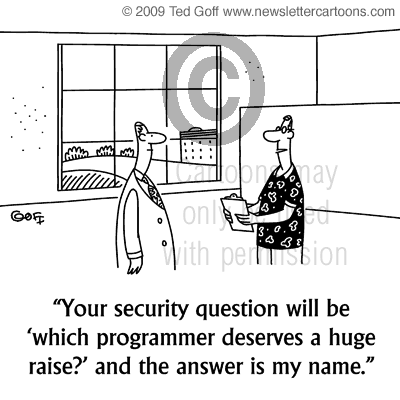
After giving an introduction of
Duckworth-Lewis method and some examples of Duckworth-Lewis method in the previous posts this post focuses on the Duckworth-Lewis method and some of the previously used methods
in rain affected games.
Before the invention of this method there have been several other
methods used at the international level to decide the result of a rain affected
match.One of them was the run rate based system. The main disadvantage of this method was that the number of wickets fallen was not considered. Thus in this system if a
team has scored 100 runs for the lost of 9 wickets the position of the team is
considered higher than scoring 90 runs for the loss of 1 wicket.
 |
| Eng v SA World Cup 1992 Situation at end of match SA need 22 runs.www.patrickeagar.com |
There are many other methods used in a rain affected match. All of these methods either uses the run rate , highest scoring overs or pre-calculated curves (as used in Duckworth-Lewis method) with slight variations. Yet Duckworth-Lewis method is regarded the best method so far used. But a slightly different method named as VJD system introduced by V.Jayadevan (an engineer from Thrissur in Kerala) has challenged the Duckwoth-Lewis method recently.


